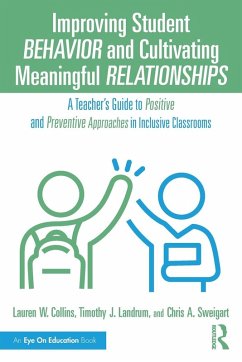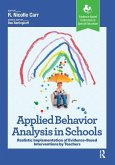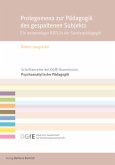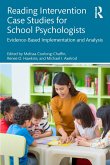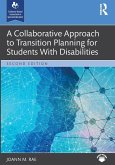This comprehensive guide offers simple and effective strategies for supporting and improving the classroom behavior of all your students, including those with intensive behavior support needs. Applicable across all K-12 contexts, with recommendations for whole classes as well as individual supports, each practical strategy builds on a foundation of research-supported behavioral approaches. The authors emphasize how each strategy can help build and maintain positive relationships between students and educators, which has been shown to be a key predictor of individual student success. With a myriad of helpful visuals, ready-to-use planning templates, and easy-to-try ideas, this book is key reading for all general or special education teachers, school support staff, and instructional coaches.
"This Teacher's Guide is a must-have resource for educators. It offers practical, research-based strategies for fostering positive, inclusive classrooms. With realistic scenarios, it supports both new teachers and seasoned veterans in effectively implementing preventive strategies to teach and maintain positive behaviors. Implementing these strategies allow educators to spend less time managing intensive behaviors and more time creating inclusive classrooms where every student can thrive."
Heather Griller Clark, PhD
Arizona State University
"The book "Improving Student Behavior and Cultivating Meaningful Relationships: A Teacher's Guide to Positive and Preventive Approaches in Inclusive Classrooms" is a source for pre-service and in-service teachers can use when establishing community classrooms that promotes active student engagement. From a practitioner lens, this book provides a step by step process for pre-service and in-service teachers to consider while building a foundation for their community inclusive classrooms."
William C. Hunter, EdD
University of Memphis
"This is the book that I wish I would have had as a new teacher. While these strategies are not typically taught in teacher preparation programs, Collins, Landrum, and Sweigart have created a survival manual of sorts. The strategies and considerations discussed represent our current science of effective classroom management, presented in an accessible and user-friendly manner."
Terry Scott, PhD
University of Louisville
Heather Griller Clark, PhD
Arizona State University
"The book "Improving Student Behavior and Cultivating Meaningful Relationships: A Teacher's Guide to Positive and Preventive Approaches in Inclusive Classrooms" is a source for pre-service and in-service teachers can use when establishing community classrooms that promotes active student engagement. From a practitioner lens, this book provides a step by step process for pre-service and in-service teachers to consider while building a foundation for their community inclusive classrooms."
William C. Hunter, EdD
University of Memphis
"This is the book that I wish I would have had as a new teacher. While these strategies are not typically taught in teacher preparation programs, Collins, Landrum, and Sweigart have created a survival manual of sorts. The strategies and considerations discussed represent our current science of effective classroom management, presented in an accessible and user-friendly manner."
Terry Scott, PhD
University of Louisville

